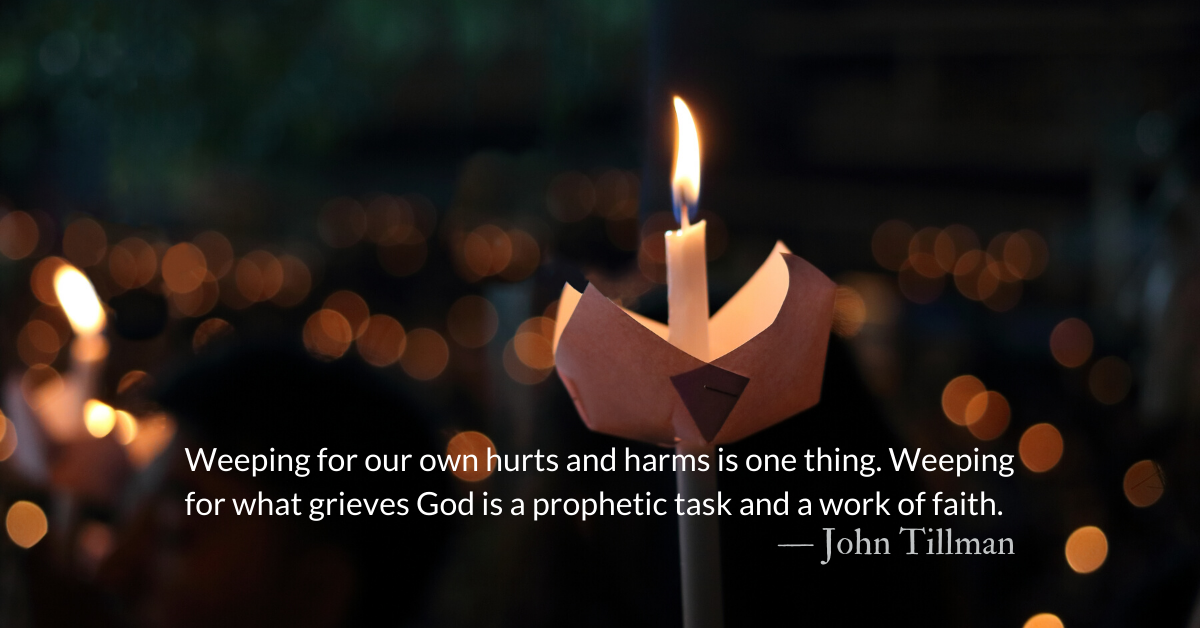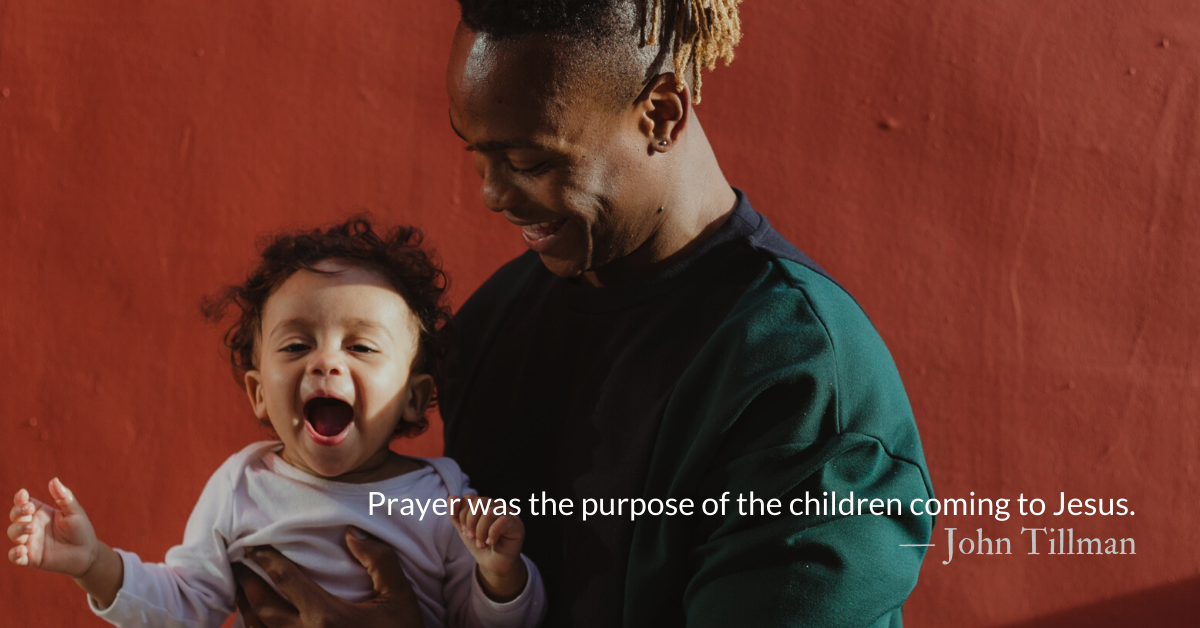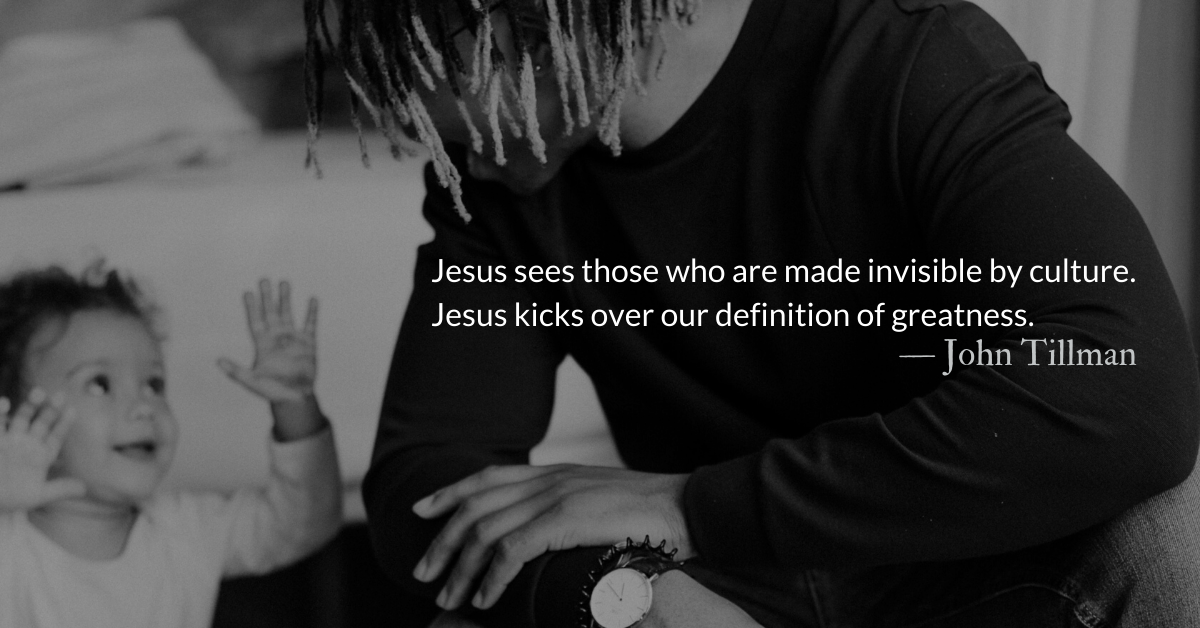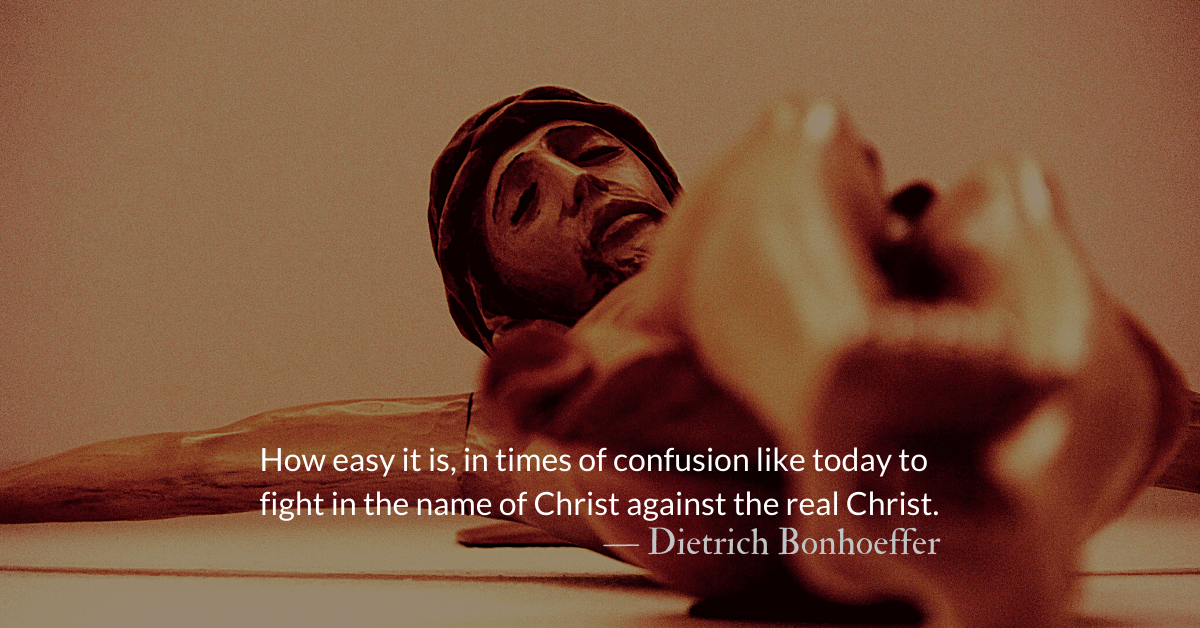Scripture Focus: Jeremiah 9.17-18
This is what the Lord Almighty says:
“Consider now! Call for the wailing women to come;
send for the most skillful of them.
Let them come quickly
and wail over us
till our eyes overflow with tears
and water streams from our eyelids.
Reflection: Praying Through Weeping—Guided Prayer
By John Tillman
If prayer is relationship then when God weeps, we should join. What friend would weep, whom we would not join in weeping? Weeping for our own hurts and harms is one thing. Weeping for what grieves God is a prophetic task and a work of faith.
Weep in prayer with the weeping prophet. Jeremiah’s tears, just like his words, are not his own. They are as much a part of the revelation of God as the words he writes.
Oh, that my head were a spring of water
and my eyes a fountain of tears!
I would weep day and night
for the slain of my people. — Jeremiah 9.1
Jeremiah expresses our desire to escape evil—fleeing to the desert to be away from wrongdoers.
Oh, that I had in the desert
a lodging place for travelers,
so that I might leave my people
and go away from them;
for they are all adulterers,
a crowd of unfaithful people. — Jeremiah 9.2
We confess we are part of a culture that seeks out its own version of truth.
We confess that we live in echo-chambers of the lies we prefer rather than the truth. Any lie or obfuscation is acceptable as long as it can be weaponized to help us win.
“They make ready their tongue
like a bow, to shoot lies;
it is not by truth
that they triumph in the land.
They go from one sin to another;
they do not acknowledge me,”
declares the Lord. — Jeremiah 9.3
Weep with Christ prophetically. He weeps that our hypocrisy not only harms us, but blocks the path of redemption for others.
“Woe to you, teachers of the law and Pharisees, you hypocrites! You shut the door of the kingdom of heaven in people’s faces. You yourselves do not enter, nor will you let those enter who are trying to. — Matthew 23.13
“And so upon you will come all the righteous blood that has been shed on earth, from the blood of righteous Abel to the blood of Zechariah son of Berekiah, whom you murdered between the temple and the altar. Truly I tell you, all this will come on this generation.” — Matthew 23.35-36
More specifically, judgment would fall within the next week. And more personally, it would fall on Christ himself.
Christ can weep with us and wipe away our tears because he took the just payment for their cause.
Divine Hours Prayer:
Open my lips, O Lord, and my mouth shall proclaim your praise.
Had you desired it, I would have offered sacrifice, but you take not delight in burnt-offerings.
The sacrifice of God is a troubled spirit; and a broken and contrite heart, O God, you will not despise. — Psalm 51.16-18
– Divine Hours prayers from The Divine Hours: Prayers for Summertime by Phyllis Tickle
Today’s Readings
Jeremiah 9 (Listen – 4:38)
Matthew 23 (Listen – 4:53)
Read more about Undignified Weeping and Dancing
Hannah carried the weight of her grief to God’s presence and broke open her heart with shameless weeping.
#ReadersChoice is time for you to share favorite Park Forum posts from the year.

What post helped you pray more passionately?https://forms.gle/DsYWbj45y9fCDLzi7











